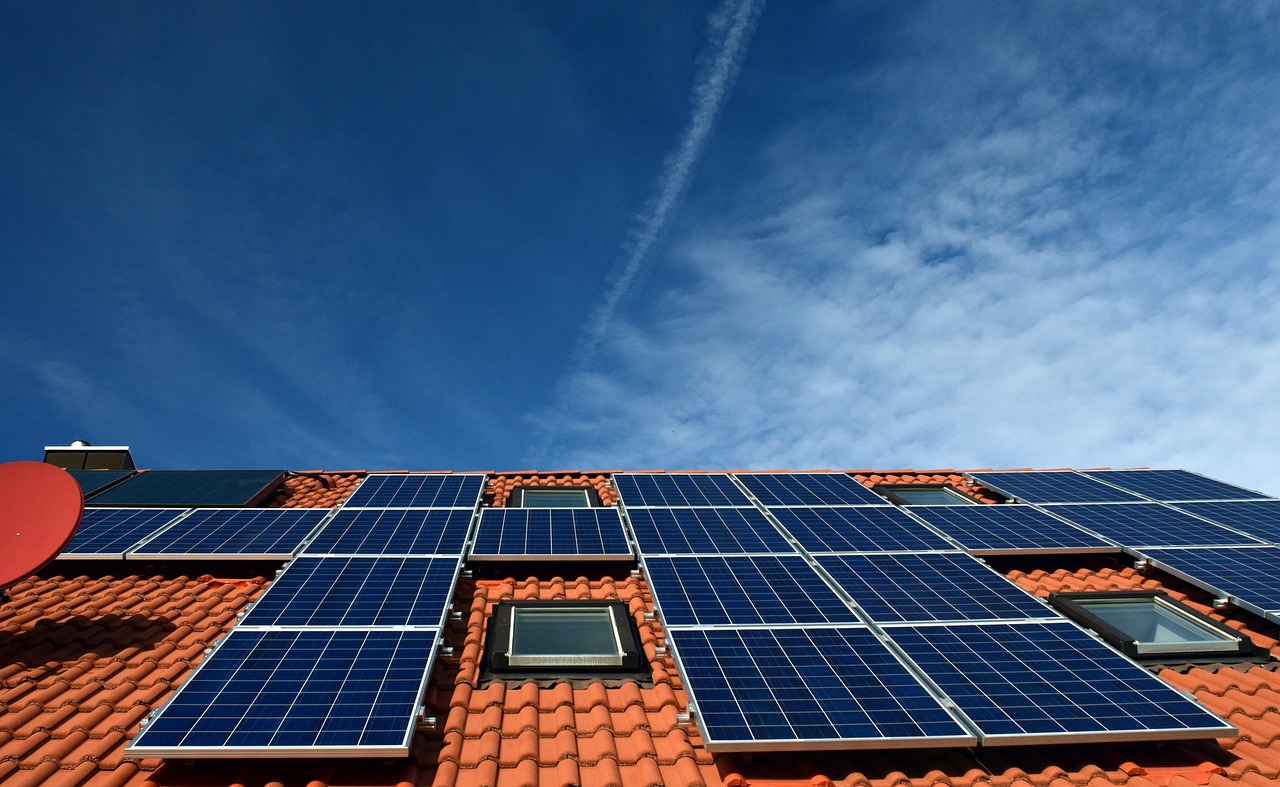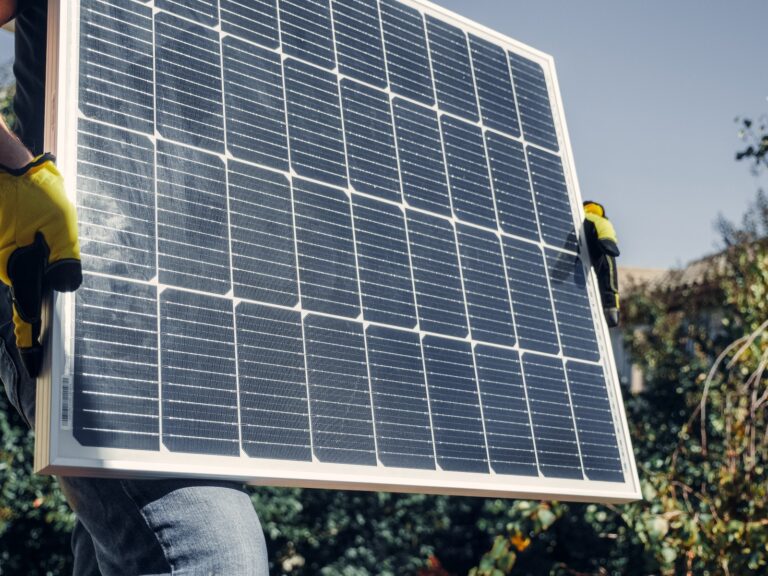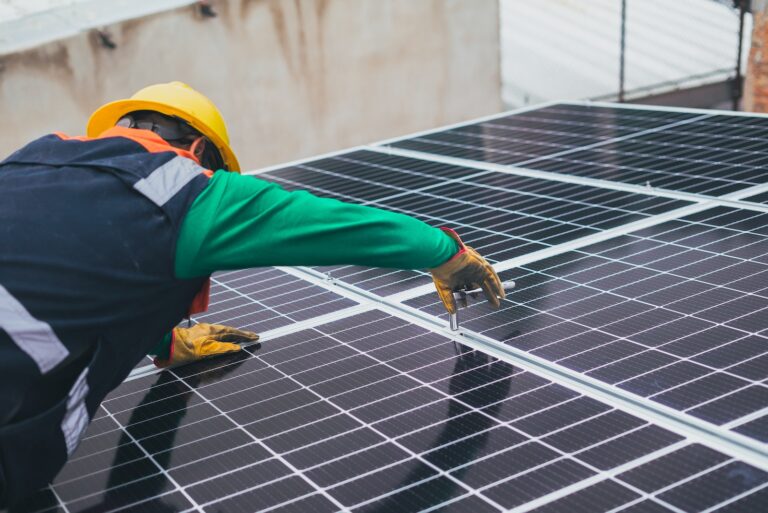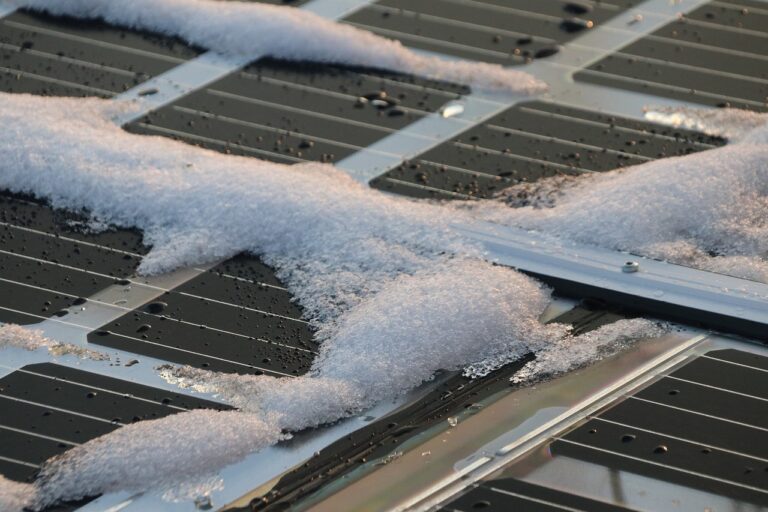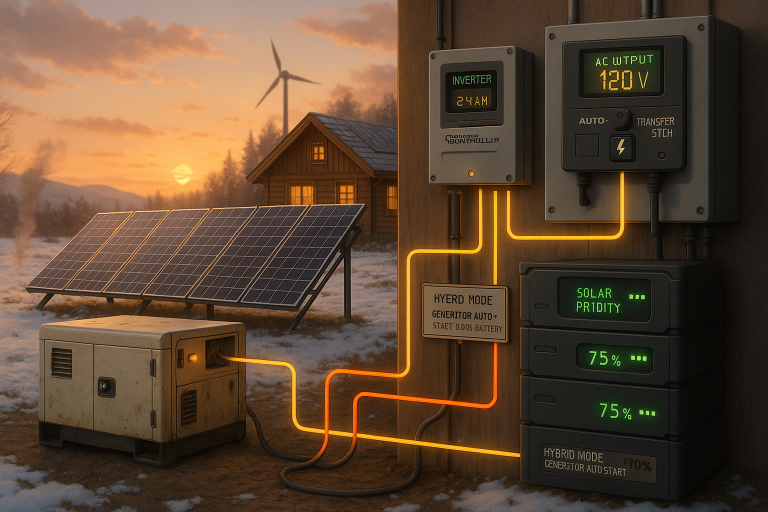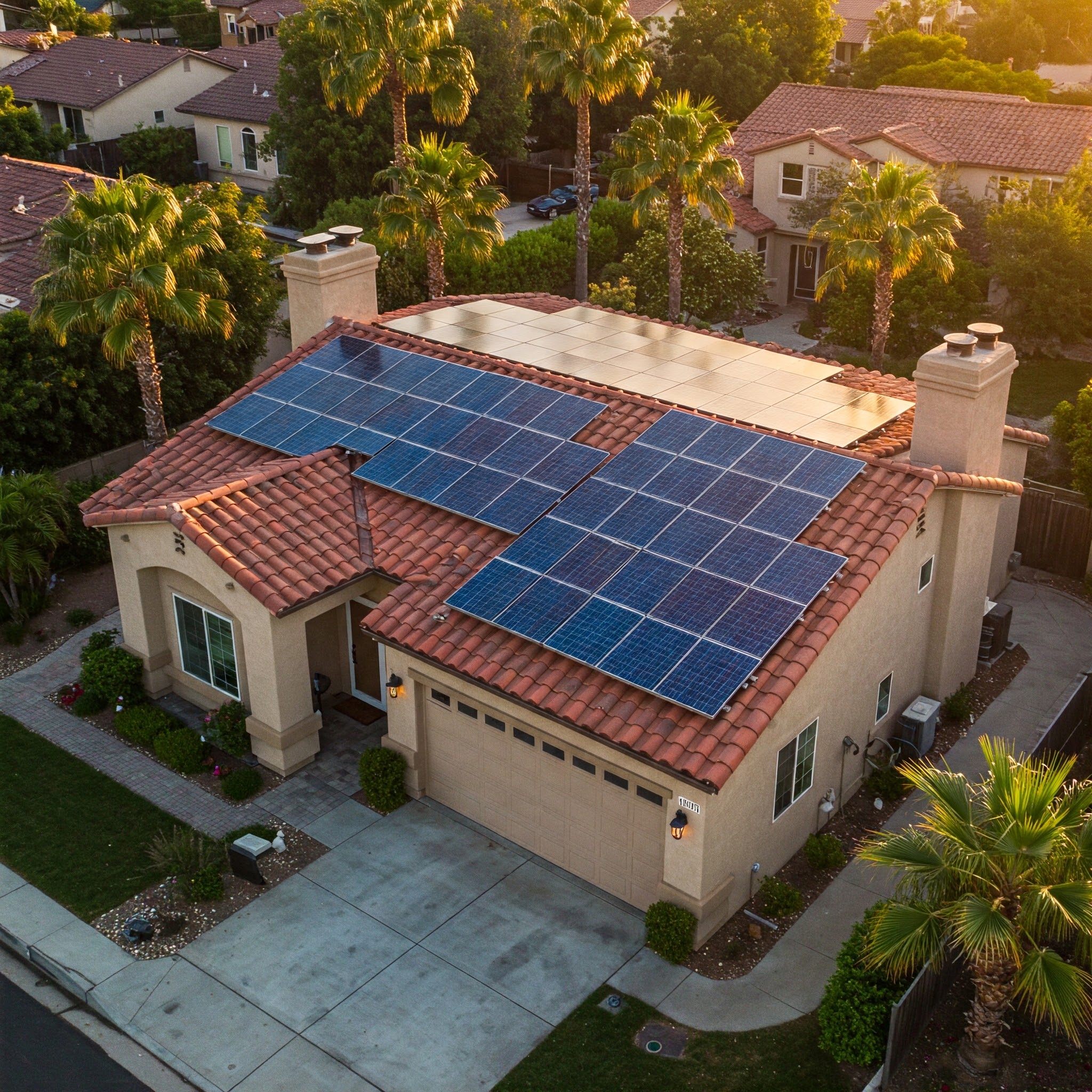California Solar: Weighing Your Options between Leasing and Buying.
As a homeowner in California, you’re likely familiar with the state’s push for renewable energy. With abundant sunlight and a commitment to reducing greenhouse gas emissions, California is the perfect place to consider going solar. However, with so many options available, it can be difficult to know where to start. That’s why I’ve decided to compare two popular options: California solar leases and buying a solar panel system.
California Solar Leases: Pros and Cons
A solar lease is a financing option where you pay a monthly fee to a solar company to use their panels on your roof. The company is responsible for installing, maintaining, and repairing the panels. This option can be appealing to those who don’t want to worry about the upfront cost of buying a system outright or maintaining it over time.
Pros:
- Low upfront costs: With a solar lease, you don’t have to worry about the upfront costs of buying a solar panel system. Instead, you can start saving money on your energy bill right away.
- No maintenance: The solar company is responsible for maintaining and repairing the panels, so you don’t have to worry about any additional costs or hassle.
- Predictable energy costs: With a solar lease, you’ll know exactly how much you’ll be paying each month for your energy. This can help you budget and plan for your energy expenses.
Cons:
- Long-term commitment: Solar leases typically last 20 to 25 years, which is a long time to be committed to a single company.
- Limited ownership: Although you’re using the panels, you don’t actually own them. This means that you won’t receive the full benefits of any increases in the value of your home that result from the addition of the panels.
- Higher monthly costs: Although a solar lease may have lower upfront costs, the monthly fees can end up being higher than if you bought the system outright.
Buying a Solar Panel System: Pros and Cons
If you’re looking for more control over your energy costs and greater ownership of your solar panel system, buying may be the right option for you. When you buy a solar panel system, you pay a one-time upfront cost for the panels and installation. From there, you’re responsible for maintaining and repairing the panels, but you’ll also receive the full benefits of the energy savings and any increases in your home’s value.
Pros:
- Full ownership: When you buy a solar panel system, you own the panels outright. This gives you complete control over your energy costs and the potential for increased home value.
- Lower long-term costs: Although the upfront cost of buying a solar panel system can be higher, the long-term costs are often lower. With no monthly lease payments, you can save money over time.
- Potential for increased home value: By owning the panels, you can also take advantage of any increases in your home’s value that result from the addition of the panels.
Cons:
- Higher upfront costs: Buying a solar panel system can have a higher upfront cost than leasing, which may not be feasible for some homeowners.
- Maintenance responsibilities: When you buy a solar panel system, you’re responsible for maintaining and repairing the panels. This can be a hassle and add additional costs over time.
Which is Right for You: Solar Lease or Buy?
In conclusion, the decision between a solar lease and purchase will largely depend on your financial situation and long-term goals. If you have the upfront capital and want to own your solar system, a purchase may be the best option.
However, if you don’t have the upfront costs and want lower monthly payments, a solar lease may be more suitable. It is recommended to weigh the pros and cons and seek the advice of a professional to determine which option is right for you.

